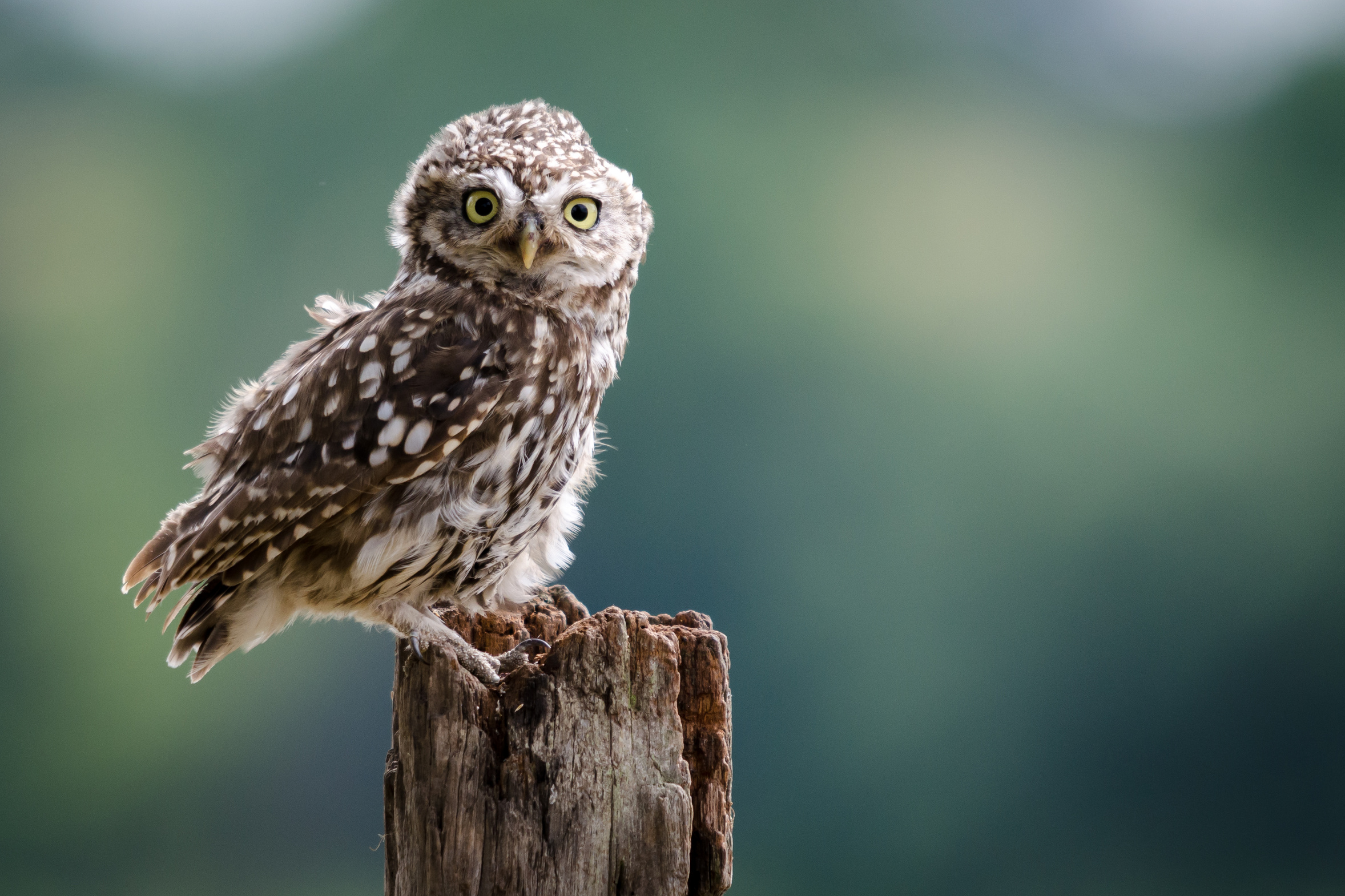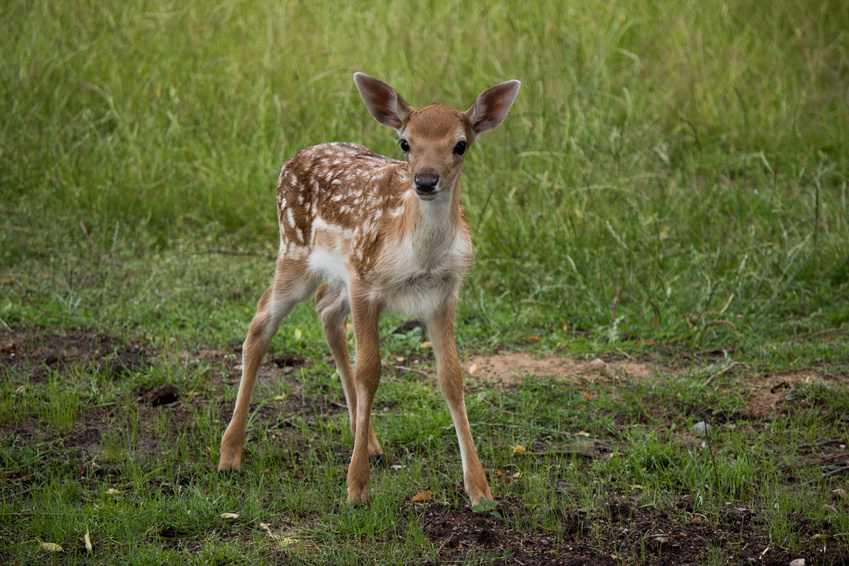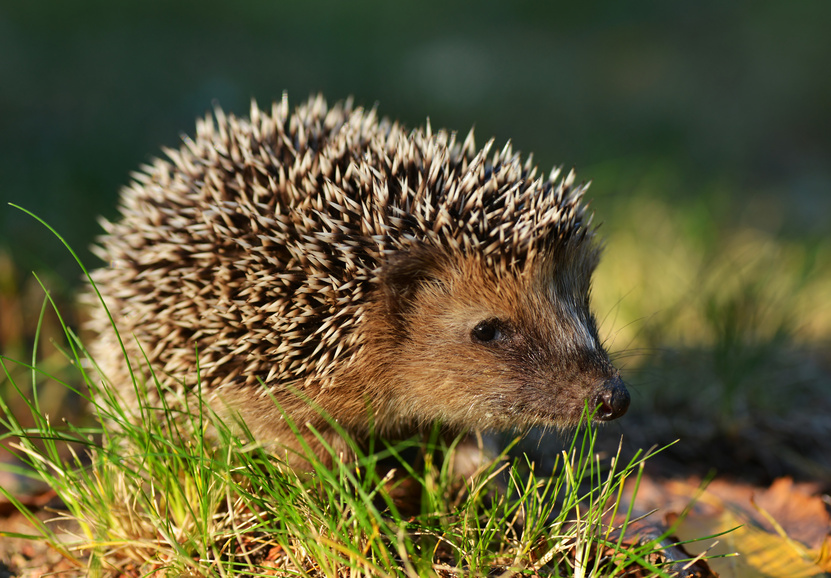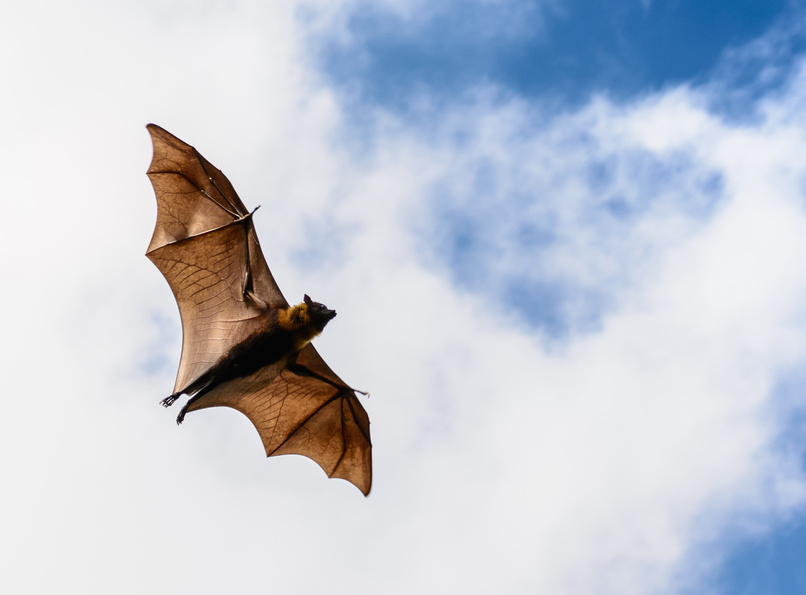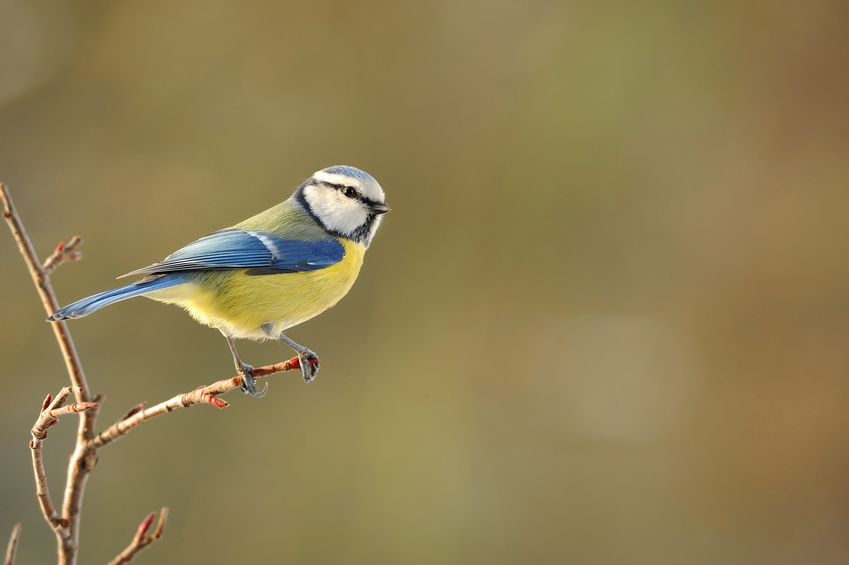A Wildlife Station and Wildlife Conservation Center for Bavaria
Orphaned or injured wildlife in Bavaria do not have a lobby or a place to go. Currently, injured and helpless wildlife is predominately cared for by volunteers and funded through private contributions.
This project is still in its infancy: The Academy would like to create a Wildlife Station and a Wildlife Conservation Center, in conjunction with the Munich Society for the Prevention of Cruelty to Animals, the Munich Animal Rescue, the Munich Reptile Center and the Clinic for Birds of Munich University.
The need for such an institution is clear: the Munich Animal Shelter is so overcrowded that additional wildlife can no longer be accepted, the Clinic for Birds has the capacity to treat the birds, but does not have the facilities to prepare them for release into the wild.
According to European, Federal and State laws, the conser-vation and protection of wildlife represents an important element of the perpetuation of biological diversity. In addition, according to the Federal Nature Conservation Act, each German State is meant to provide a place where sick, injured and helpless wildlife may be brought. Bavaria has yet to establish even one official facility for this purpose. This is going to change.
The aforementioned organizations are working on a concept for the foundation of a Wildlife Station. The Academy travelled to Sachsenhagen in Niedersachsen in March to visit their station. Furthermore, it reviewed information on similar facilities in Spain, Hamburg and Schleswig-Holstein.
The Academy will continue to advance this important project in 2015. ■

